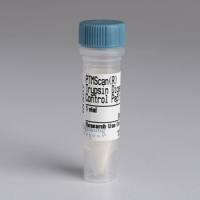Amplified Fragment-Length Polymorphism and Protein Profiling for Identification of Campylobacter lari Subgroups
互联网
互联网
相关产品推荐

MCT1/Malignant T cell amplified sequence 1 Rabbit pAb(bs-1569R)-50ul/100ul/200ul
¥1180

Hemagglutinin/HA重组蛋白|Recombinant H3N2 (A/Switzerland/9715293/2013) HA0 Protein (full length)
¥1790

Myc Family Profiling Antibody Sampler Kit
¥500

Coronavirus Nucleocapsid重组蛋白|Recombinant SARS-CoV-2 Nucleocapsid-AVI&His recombinant Protein,Biotinylated
¥4520

Fibronectin重组蛋白|Recombinant Human Fibronectin / Fibronectin Fragment 2 Protein (His Tag)
¥1920
相关问答

